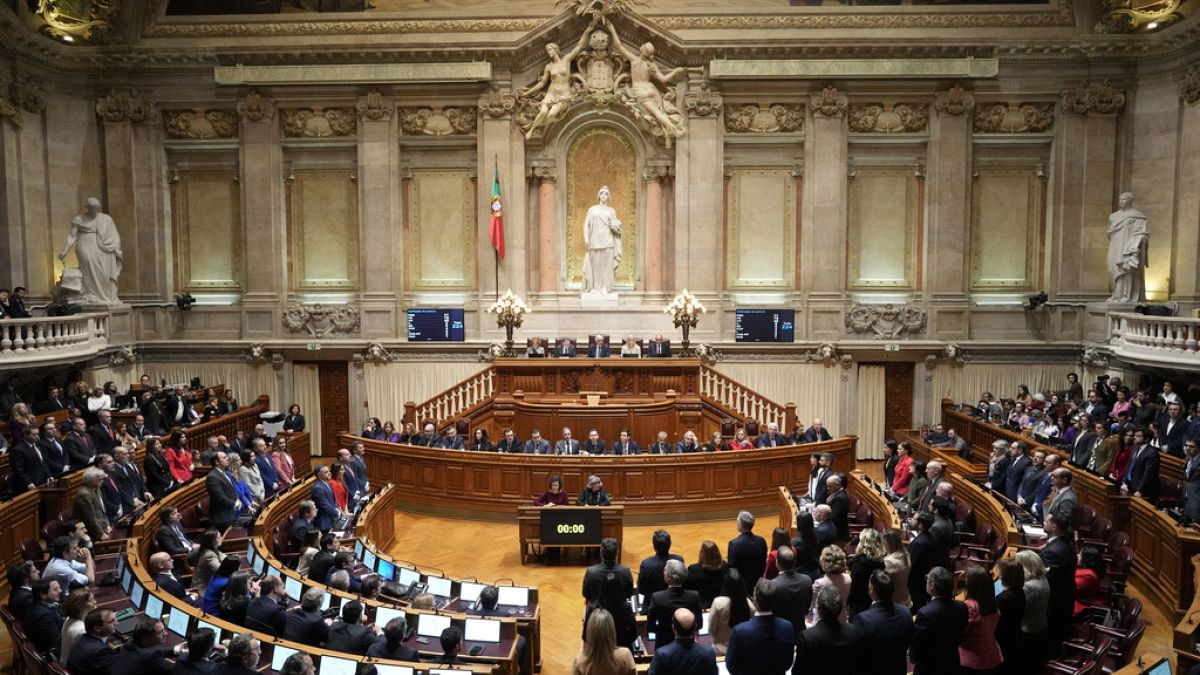

In a series of notable developments that reflect progress and reform, recent changes in Portugal, Spain, the United Kingdom, and Bangladesh highlight evolving policies and legislation. Each region has taken significant steps towards more equitable and environmentally conscious futures, showcasing a global movement towards justice and sustainability.
Portugal has embarked on a meaningful journey of legal reform by reclassifying rape as a public crime, aligning itself with broader European standards. This legislative change was supported by several members of the Socialist Party who voted in favor, despite the party’s official stance to abstain from certain proposals. By reclassifying this severe violation as a public crime, Portugal aims to bolster victim protection and streamline the judicial process, showcasing its commitment to ensuring justice and support for victims. This brings Portugal in line with many other European nations, striving for uniformity in legal proceedings related to sexual violence.
In Spain, a historic court ruling has provided hope and relief to residents suffering from environmental degradation caused by a nearby pig farm. The court determined that the immense pollution from the farm constituted a breach of human rights, acknowledging the community’s right to a clean and healthy environment. Residents eagerly anticipate the day when their reservoir becomes a “place of life again,” where they can freely walk, swim, and drink without the burden of contamination. This ruling marks a significant step towards environmental justice, underlining the importance of safeguarding natural resources for the well-being of all citizens.
Meanwhile, in the United Kingdom, nearly 60 Labour MPs have intensified their call for the immediate recognition of Palestine as a state. This call comes in response to recent announcements by Israel’s defense minister regarding plans for the displacement of Gaza residents. The MPs, representing a spectrum of political ideologies within the Labour Party, view the situation in Gaza as dire and classify it as ethnic cleansing. Their appeal aims to prompt the UK government to take decisive action, advocating for the recognition of Palestine as a step towards peace and stability in the region. This represents an ongoing dialogue about justice and recognition on the international stage.
In Bangladesh, the caretaker government led by Nobel Peace Prize laureate Muhammad Yunus has introduced reforms to address gender equity in official protocols. The previous requirement for addressing female officials as “sir” was deemed an outdated remnant of the former administration under Sheikh Hasina. By reversing this protocol, the interim government seeks to promote gender respect and modernization in official communication. This change aligns with broader efforts to foster equality and elevate the status of women within the administrative framework.
These developments, while unfolding in different parts of the world, share a common thread of advancing human rights, gender equity, environmental protection, and diplomatic recognition. They reflect a broader global trend towards progress, justice, and sustainable growth, pointing to a future where informed policies and reforms can create pathways for a more equitable world.
Source: {link}
